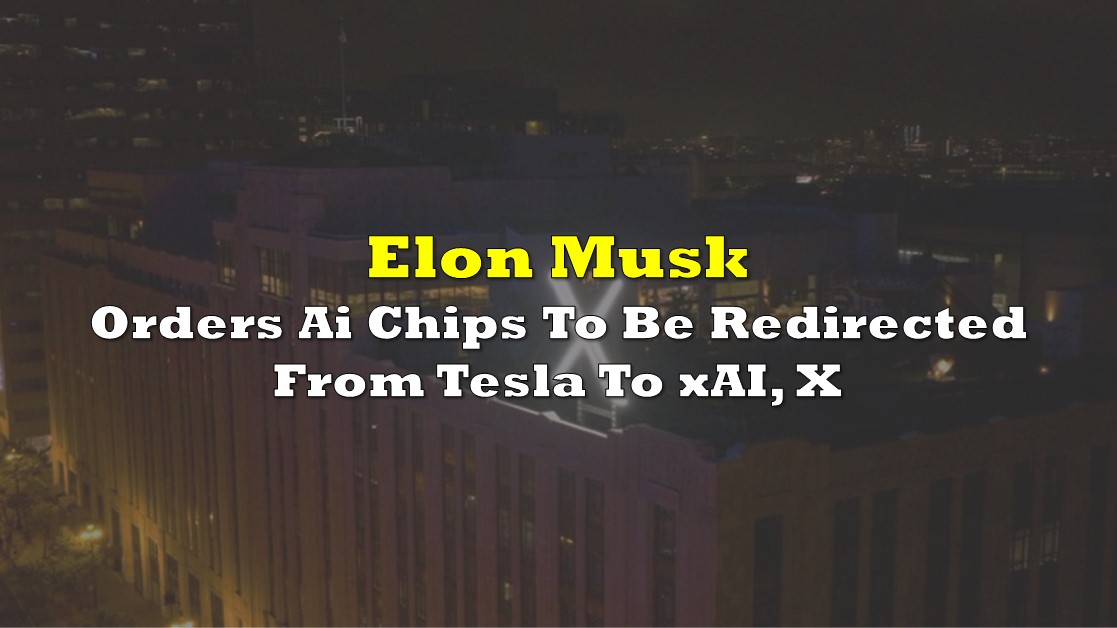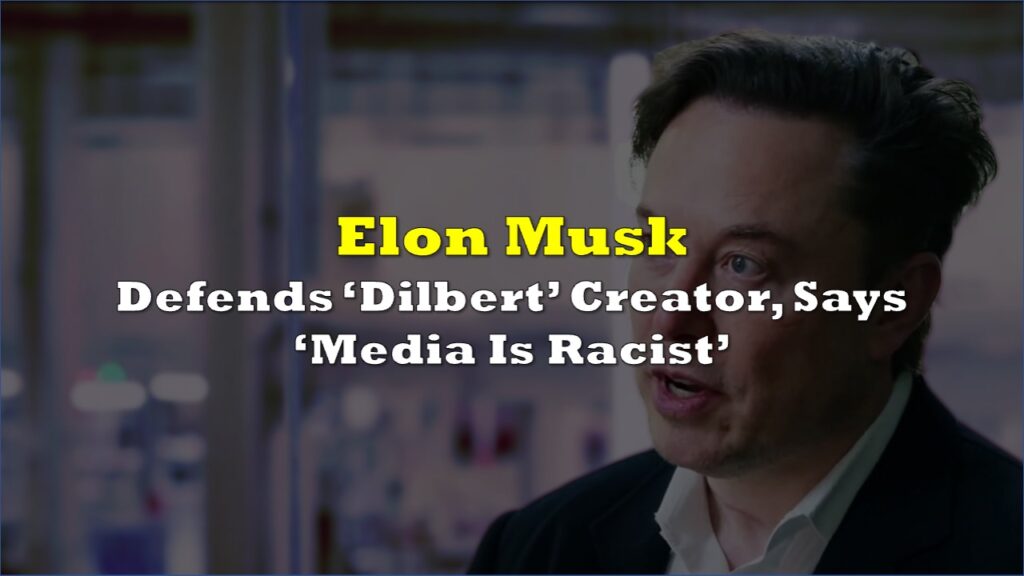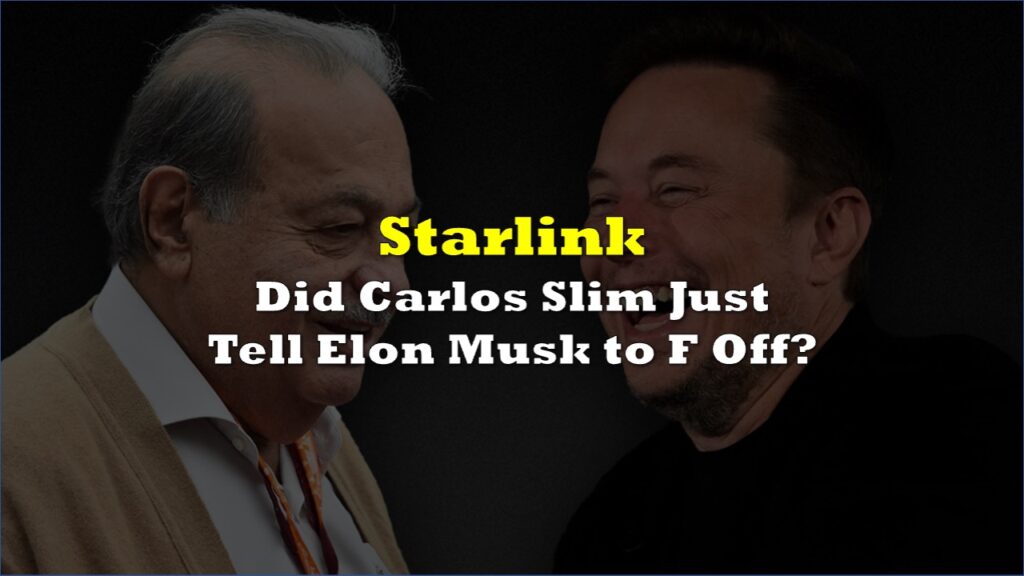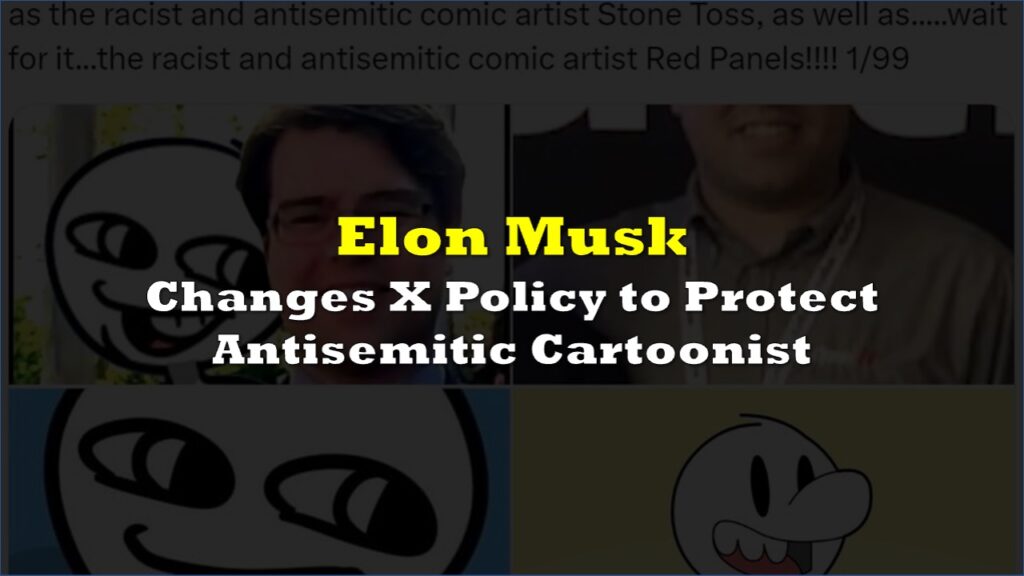Elon Musk’s ambitious plans to transform Tesla (NASDAQ: TSLA) into an AI powerhouse have hit a roadblock, raising concerns among shareholders about potential conflicts of interest with his other ventures. According to internal emails from Nvidia, Musk diverted a substantial shipment of AI processors originally intended for Tesla to his social media platform X (formerly Twitter), delaying the automaker’s autonomous driving and robotics initiatives by months.
The emails reveal that Musk redirected 12,000 H100 GPUs, worth over $500 million, from Tesla to X, pushing back Tesla’s receipt of the critical hardware. This move contradicts Musk’s claims on Tesla’s Q1 earnings call about increasing the company’s AI chip count from 35,000 to 85,000 by the end of 2024.
Musk, for his part, claimed earlier today that the decision was a result of Tesla having “no place to send the Nvidia chips to turn them on,” and that the extension of Giga Texas that is intended to house the chips is nearly complete.
Tesla had no place to send the Nvidia chips to turn them on, so they would have just sat in a warehouse.
— Elon Musk (@elonmusk) June 4, 2024
The south extension of Giga Texas is almost complete. This will house 50k H100s for FSD training.
Shareholder Concerns
The revelations have fueled an escalating conflict between Musk and agitated Tesla shareholders who question whether the billionaire CEO is fulfilling his obligations to the electric vehicle company. Critics argue that Musk is only a part-time CEO at Tesla, as he juggles multiple ventures, including SpaceX, Neuralink, The Boring Company, X, and his newly launched AI startup, xAI.
Tesla’s stock price has declined by over 29% this year, and the company is grappling with a troubling sales slump due to aging vehicle models and increased competition. Rather than addressing these issues, Musk has been encouraging investors to focus on long-promised but yet-to-be-delivered products, such as self-driving software and robotaxis.
$TSLA Board, what say you? https://t.co/KbQW06roY2
— Diogenes (@WallStCynic) June 4, 2024
Conflicts of Interest
Securities litigator Joel Fleming stated that by allowing his private companies to skip ahead of Tesla in procuring critical hardware, Musk is making his conflicts of interest readily apparent. Fleming emphasized that when executives owe fiduciary duties to multiple companies competing for the same resources, they should abstain from decision-making to avoid channeling opportunities away from one company to another.
Musk defended his actions, claiming that Tesla had no immediate need for the GPUs as the company lacked the infrastructure to utilize them. However, the decision to prioritize X over Tesla has raised questions about Musk’s commitment to the automaker and his ability to manage competing priorities effectively.
In a normal world a CEO who stole the most critical of corporate resources for his private ventures would be summarily fired by the board that day
— Tom Hearden (@followtheh) June 4, 2024
Information for this story was found via the sources and companies mentioned. The author has no securities or affiliations related to the organizations discussed. Not a recommendation to buy or sell. Always do additional research and consult a professional before purchasing a security. The author holds no licenses.









